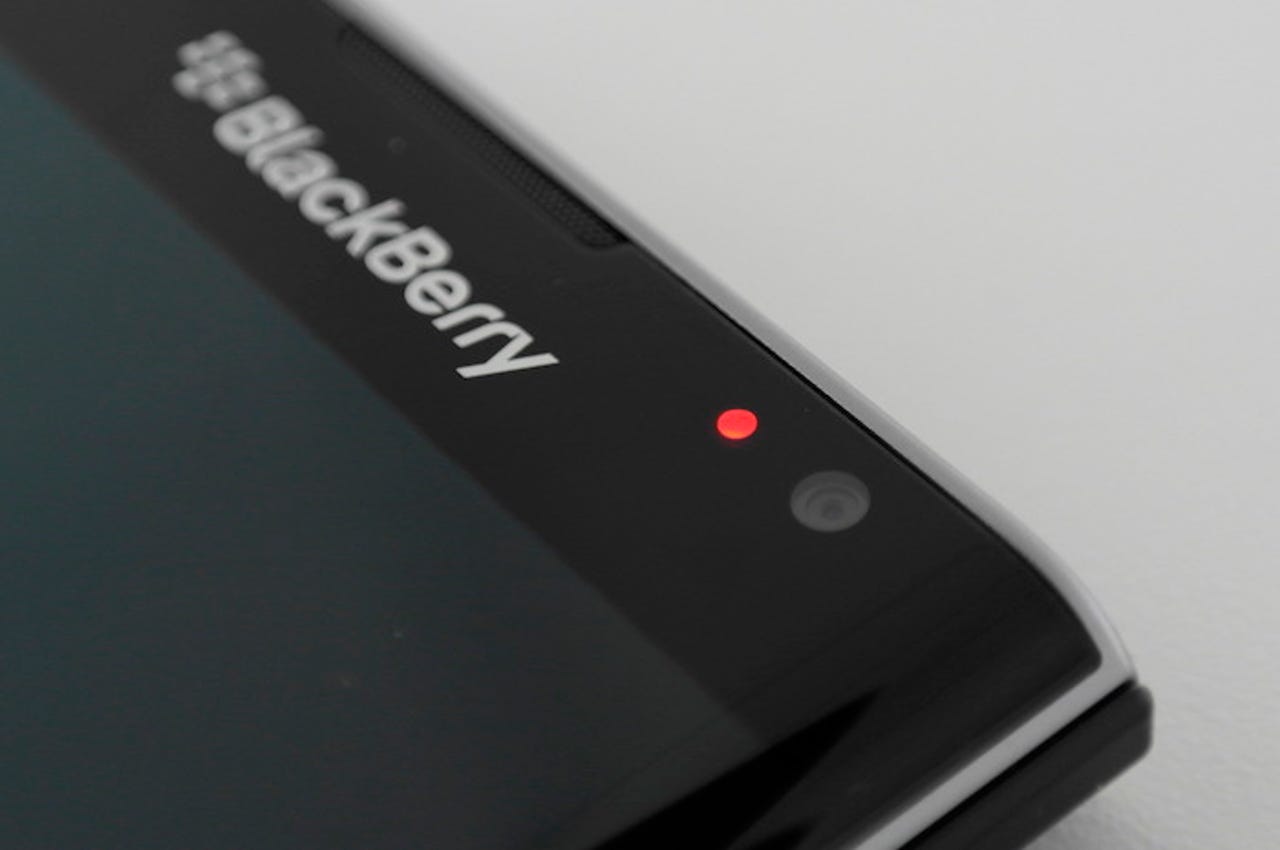BlackBerry CEO rips into Apple's pro-privacy stance, ignores own hypocrisy

And then there was one left, sticking out among the crowd.
BlackBerry's chief executive John Chen tore into his smartphone rivals in a blog post Thursday, implying that their actions have spurred on a "dark place" in the technology world.
About Apple Chen said: "One of the world's most powerful tech companies recently refused a lawful access request in an investigation of a known drug dealer because doing so would 'substantially tarnish the brand' of the company."
He was referring to a recent case in which the iPhone and iPad maker said it can no longer unlock devices running newer versions of its software. It wasn't that Apple refused to help, it was that it simply can't, because iOS 8 and later prevents even Apple from being able to tap into devices so it can't be secretly forced by the government to turn over data.
Chen added: "We are indeed in a dark place when companies put their reputations above the greater good. At BlackBerry, we understand, arguably more than any other large tech company, the importance of our privacy commitment to product success and brand value: privacy and security form the crux of everything we do."
"However, our privacy commitment does not extend to criminals," said Chen.
Chen's outlying position comes in the face of the encryption debate, where Apple, Google, and other firms have stood by encryption as a force for good, one that provides security and privacy to their users.
Apple and Google have both taken steps to lock out law enforcement and intelligence agencies from accessing vast swathes of smartphone-stored data by giving the user control over the encryption keys.
In other words, data from iPhones and iPads and newer Android devices cannot be swiped by the feds unless the user hands over their passcode.
That's caused considerable headaches for law enforcement, which they have had no problem in sharing with the world. While Apple and Google have alluded to but not outright said is that they take a utilitarian approach towards security in that everyone can have it, with no exceptions.
Because not even Apple and Google, despite their might and wealth, can tell who's a criminal and who isn't -- nor is it their job to.
Chen argued against that principle, saying he would "reject the notion that tech companies should refuse reasonable, lawful access requests."
But there's a problem with that logic, when BlackBerry has done almost exactly the same things for years. Not only that, it's actively built the core of its enterprise business on that principle.
Apple putting its encryption keys, secured with a passcode, on a user's iPhone is in no way different from BlackBerry giving its enterprise users control over their own encryption keys.
The Canadian phone giant's own BlackBerry enterprise service works in an almost identical way. Indeed, that's the reason why governments -- according to Chen, that's 16 out of the 20 nations in the G20 pact -- use BlackBerry's service. Not even governments are reportedly able to tap into other government communications on the service.
Chen reiterated in his blog post that the company "has refused to place backdoors in its devices and software," and that it has "never allowed government access to our servers and never will."
THIS IS STILL A THING?
That said we can never be completely sure, as the company has ruled out issuing a transparency report in the foreseeable future.
You might say Apple and Google went gung-ho in the face of the Edward Snowden revelations, in which documents alluded to strong cooperation and "direct access" to the servers of Apple, Facebook, Google, Microsoft, and others. In doing so, it put the absolute and unequivocal right of access in the hands of the user, and nobody else. Both Apple and Google can't unlock devices that aren't running the newest versions of its mobile operating system. And that accounts for only a fraction of overall users.
Now as the outlier, BlackBerry either has an opportunity to come forward and protect privacy for its users, with no exceptions, or fall behind on the emerging encryption trend.
With little to lose, and consistently falling market share, going against the grain of a public ideal that has almost universal support isn't going to win back any customers.
It seems bizarre now, more than ever, that a company founded on the principles of privacy and security does not seem to understand the true value of either one.
